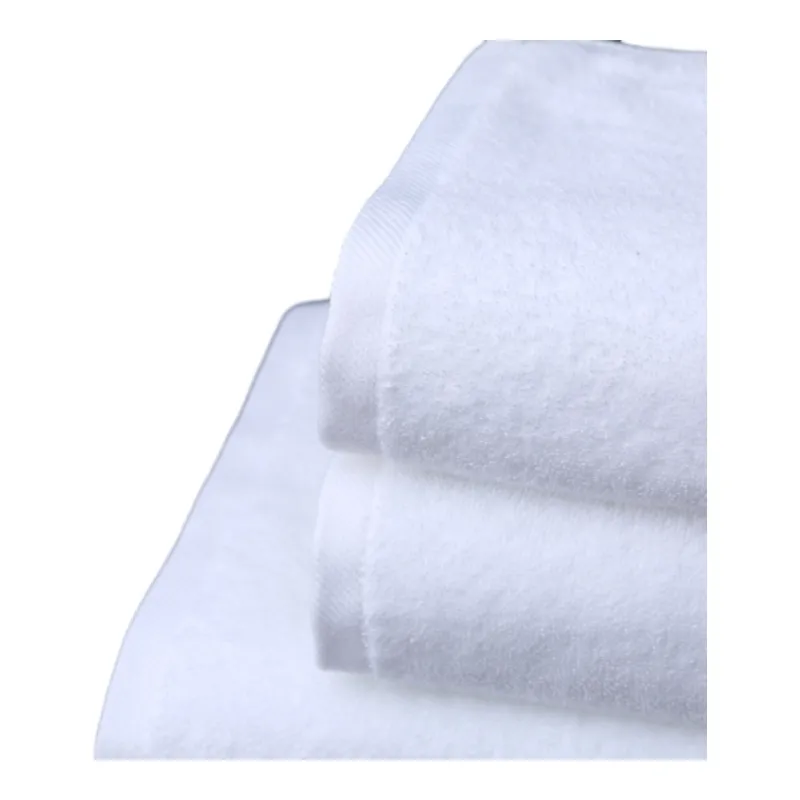industrial felt fabric
The Versatility of Industrial Felt Fabric An Overview
Industrial felt fabric is one of the most versatile and resilient materials used across various industries today. Known for its unique properties and wide range of applications, industrial felt is made from natural or synthetic fibers that are compressed and processed to create a dense textile. This article will delve into the characteristics, manufacturing processes, applications, and benefits of industrial felt fabric, showcasing why it is a favored choice in numerous sectors.
Characteristics of Industrial Felt Fabric
Industrial felt fabric is characterized by its structure, which can be both soft and firm depending on the intended use. Made from wool, acrylic, polyester, or a combination of these, industrial felt is known for its ability to absorb sound, insulate against heat and cold, and resist wear and tear. Its thickness can vary from a few millimeters to several centimeters, making it suitable for different applications, from protective pads to roofing insulation.
One of the most significant features of industrial felt fabric is its non-woven nature. Unlike traditional fabrics that are woven from threads, felt is created by matting, pressing, and rolling fibers together. This manufacturing process gives felt its durability and strength, as the fibers are interlocked and do not fray or unravel easily. Moreover, felt can be produced in various densities, colors, and finishes, allowing for customization according to specific industrial needs.
Manufacturing Process
The production of industrial felt fabric typically involves several stages. Initially, raw fibers are cleaned and prepared for processing. Next, the fibers are carded, which involves separating and aligning them to create a fluffy mat. This mat is then subjected to heat, moisture, and pressure to bond the fibers together, transforming the loose mass into a cohesive sheet of felt.
The final steps in the manufacturing process may involve cutting, dyeing, and finishing the felt to achieve the desired specifications. Quality control is an essential part of the process, ensuring that the felt meets industry standards for strength, thickness, and performance. The ability to customize felt based on these factors is crucial in making it suitable for a wide range of applications.
industrial felt fabric

Applications of Industrial Felt Fabric
Industrial felt fabric finds applications across various sectors due to its versatile nature. In automotive manufacturing, felt is used for sound insulation, vibration dampening, and interior lining. It helps to reduce noise levels, enhancing the comfort of passengers while minimizing wear on vehicle components.
In construction, industrial felt serves as an insulation material in walls, roofs, and floors. Its thermal properties can significantly improve energy efficiency in buildings, reducing heating and cooling costs. Additionally, felt is often used in roofing applications as a moisture barrier, protecting structures from water damage.
The textile industry also employs industrial felt in garment production, particularly for accessories and lining materials. In décor and crafts, felt is popular for making items like bags, toys, and art pieces due to its ease of manipulation and vibrant color options. Moreover, felt is essential in the manufacturing of various industrial products, including gaskets, seals, and pads for machinery, where resilience and durability are paramount.
Benefits of Industrial Felt Fabric
The myriad benefits of industrial felt fabric make it an attractive choice for professionals across various fields. Its durability ensures a longer lifespan compared to traditional fabrics, resulting in cost savings in the long run. Felt's sound-absorbing qualities contribute to creating quieter work environments, which can enhance employee productivity and well-being.
Furthermore, industrial felt’s insulating properties improve energy efficiency, a significant consideration in today’s sustainable initiatives. Its eco-friendly nature, especially when produced from natural fibers, adds to its appeal as an environmentally responsible material.
In summary, industrial felt fabric is a remarkable material that combines versatility, durability, and functionality. Its wide range of applications across various industries illustrates its importance in modern manufacturing and construction. As industries continue to evolve, the demand for reliable materials like industrial felt will undoubtedly persist, further solidifying its role as an indispensable component of industrial processes.
-
What Makes Felt a Great Choice?NewsNov.19,2024
-
Total Mixed Ration (TMR) Feed for CattleNewsNov.19,2024
-
The Ultimate Guide for Felt Polishing WheelsNewsNov.19,2024
-
Industrial Felt for Various ApplicationsNewsNov.19,2024
-
Felt Makeup Bags and Inserts BagsNewsNov.19,2024
-
Choosing the Right Hotel TowelsNewsNov.19,2024
-
Your Go-To Guide For Affordable Wholesale Wool FeltsNewsOct.31,2024







